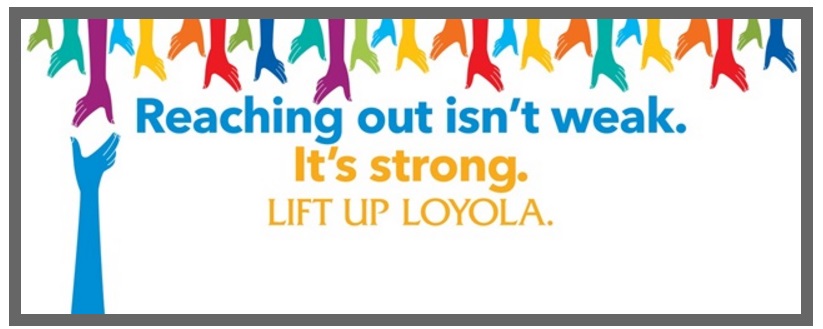By Rose Spaziani
M.L. "Cissy" Petty, Ph.D., vice president for student affairs and associate provost at Loyola University New Orleans, believes authentic communication is critical to leadership success. She shares her advice and perspective on the subject at "Table Talk: Speaking Truth to Power," NYIT's next leadership lecture on Friday, Feb. 5. Petty has more than 35 years of experience in her field and received the "Pillar of the Profession" award from the National Association of Student Personnel Administrators in 2014. She spoke to The Box about her career path and leadership values.
What does it mean for leaders to speak truth to power?
Speaking truth to power is about having a fierce conversation in which you are willing to come out from behind yourself and speak meaningfully about reality. In other words, you are willing to risk being seen; authenticity is not something you have, it's something you choose. In a conversation, it is important to remember that everyone has a piece of reality. Over time reality changes, so it's important to keep asking new questions. English poet David Whyte says, "No one has to change, but everyone has to have the conversation."
When speaking truth to power it is important to remember that both character and competence come into play. Character is a constant—you either have integrity or you don't. Competence, on the other hand, is situational and depends on results and skills. As a leader, your intent and behavior must match for there to be trust in a crucial conversation.
How did you find a sense of purpose in your career?
From early on, I was taking the lead, either as a child with my band of buddies or as a college student planning campus activities. I've always wanted to make things happen.
I was getting ready to graduate from Florida State University (FSU), and on my way to law school at Stetson University, when I had a conversation with Phil Barco, dean of students at FSU. The conversation changed everything for me. He encouraged me to consider a career in the student affairs field. I hadn't really thought about it before, but I knew I wanted to make a difference in people's lives. My first chief student affairs role was in my early thirties and I have never looked back.
What is your brand of leadership?
I'm a relational leader, skilled in talent identification and capacity building. I have learned to trust myself and can extend trust to others. American writer Stephen M.R. Covey describes that as "smart trust." I also believe that staff members who are able to "talk straight" with one another get us to succeed much quicker.
When was the moment (or moments) that you came into your own as a leader?
Any time I've said yes has been an opportunity for me to break through and become a better leader. Since saying yes to a career in student affairs instead of law, I've had many different positions and learned from all of them. I said yes to serving as dean for student development at Mississippi University for Women, where I learned a great deal about class and race. I said yes to serving as vice president for co-curricular education at St. Lawrence University in New York, though I had never lived east of the Mason-Dixon Line. What's important is that you say yes to the unknown and learn from it. Saying "yes" is life affirming.
How did NYIT get on your radar?
NYIT's Vice President for Student Affairs Patrick Love is a champion in our field. I've gotten to know him better over the last few years. NYIT-Manhattan Campus Dean Ann Marie Klotz and I met several years ago. As a young professional, I found Ann Marie smart and dynamic; I am pleased we became both friends and colleagues.
Who has inspired you and influenced you to inspire others?
My grandmother was probably the most pivotal person in my life. She was national vice president of Alpha Xi Delta and traveled the country checking on various chapters. Later in life she was house mother for a fraternity at Rollins College. As a 5th grader, I'd ride my bike to visit her at the house and watch her interact with the young men … and had my eyes opened!
As a leader, you interact with people 24/7 and must get to know others well. What would people be surprised to learn about you?
Publicly I'm an extrovert, but privately I like to be alone. I enjoy traveling and often take solo trips. I recently did an eight-day silent retreat at the Eastern Point Retreat House run by the Jesuits in Massachusetts. When I tell people, they can't believe I could be quiet for that long.
What are you most proud of in your career?
I know at least 30 former students who are making a positive impact in the student affairs field. I'm thrilled to see them moving up to director-level positions and beyond! Helping to build the foundation for our field's future is extremely rewarding.
R.S.V.P. for "Table Talk: Speaking Truth to Power" to learn more about positive change through powerful communication.
Rose Spaziani is editor of The Box in NYIT's Office of Communications + Marketing.








